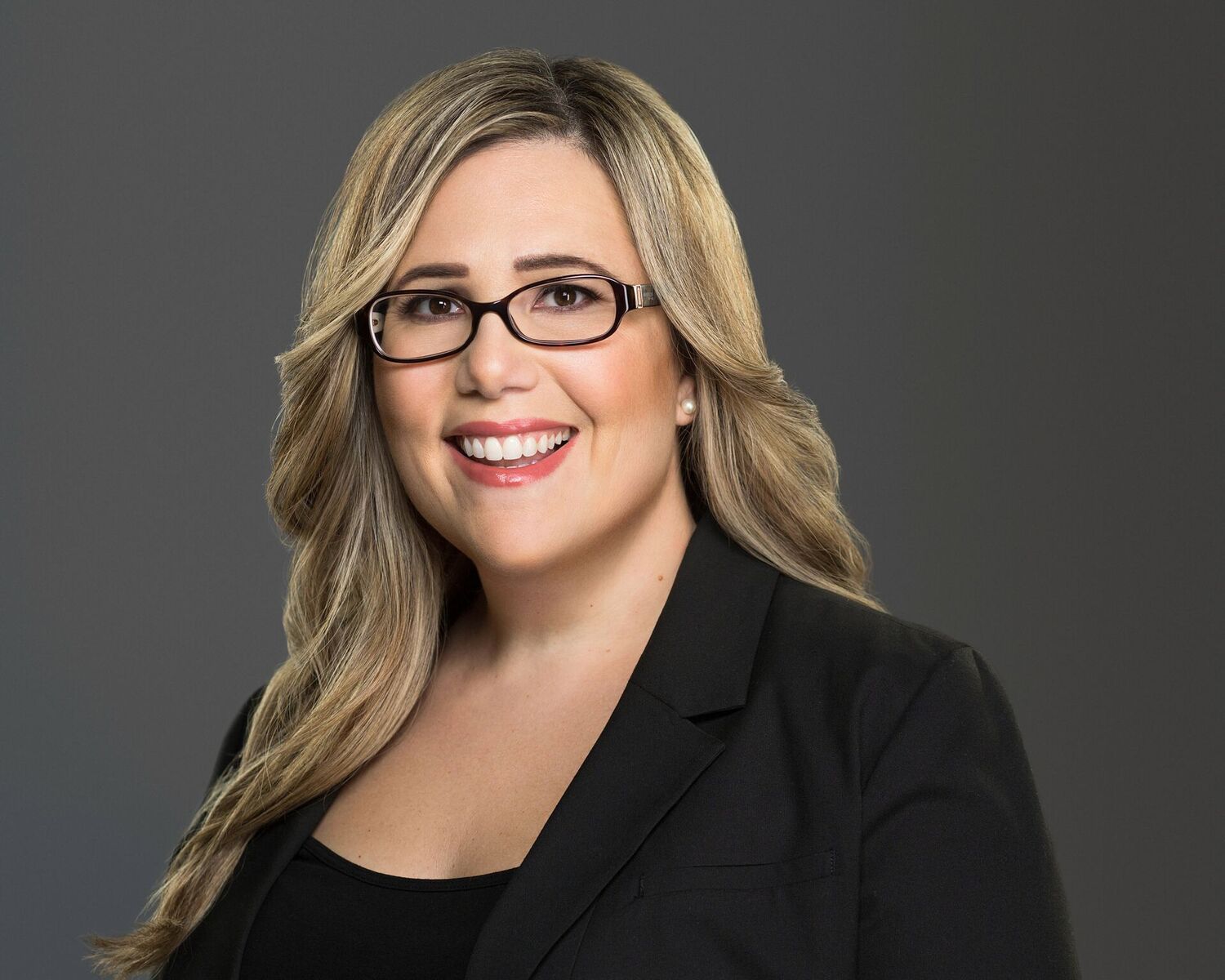There’s a lot of risk involved in changing jobs and careers, especially if you’ve been at a company or on a career path for more than a decade. The excitement of starting over on a new journey could be met with feelings of disappointment and shock if the new role turns out to be the opposite of what we expected. Sometimes we make the wrong decision in taking a position and we only learn that after a few weeks or a few months that it isn’t the right fit or that the company pulled a bait-and-switch on us.
Truth be told, I changed jobs a lot as a practicing lawyer. Many roles turned out to be what I considered “false advertising.” Some lured me in with a nice sign-on bonus, a fancy corner office, a prime location (walking distance to Starbucks), and a workload that didn’t require weekend facetime at the office. However, things soon changed after a few months.
I remember working for a small litigation firm that had me at multiple courthouses and court reporting offices for depositions across town on a daily basis. In less than 5 months, I put over 10,000 miles on my leased car (I only had an allotment of 15,000 for the year), and I knew I would not be able to continue at that pace. I worked at this firm when gas was over $4.00 a gallon, so not only was I blowing through my lease mileage, but also spending over $120 per week to fill up my tank. Spending over $500 a month on gas was not an expense I could really afford or even make sense of during the recession. It was also not something I was aware of at the time I accepted the offer.
There were other situations throughout my legal career where I didn’t know the turnover at the firm or just how difficult of a work environment I entered into. The only way I learned that a firm or company wasn’t for me was simply based on my short-term experience there.
I remember that feeling of shock as I had gone on an interview at one firm, but then showed up to work and seemingly felt I was working at a completely different firm. I had to ask myself, was I catfished?
The notion of leaving so soon after just starting at a new company can weigh heavily with thoughts that include, “What will my old company think if I bounce from this new gig after just a few months here?” Or even the dreaded, “Will I even be marketable if I jump ship so soon and what will I say on the interview?”
If you have relocated for a new role, you may be under certain terms and conditions, and an early exit could have penalties. Michael Elkins, business and employment attorney and founder of MLE Law, advises that “Consulting with an attorney is a good idea, especially if the employee has relocated for the new role and incurred expenses. The employee may want to get advise on preserving his/her liability to recover expenses in the event the job does not work out in the short term. Additionally, if the employee has an employment contract, consider having the agreement reviewed to ensure the employee is making a proper exit.”
Weigh Your Options First
Before leaving the new company, evaluate the pros and cons. Think about other companies you were also considering during the interviewing process. Perhaps one of those companies would have been a better fit and there is still an open opportunity. You can also introspectively ask if going back to your old company is worth it. Quite often, we make decisions too quickly (based on excitement and immediate satisfaction) and fail to carefully consider all of the options and opportunities available to us. Reach out to your personal and networking contacts to see what openings they know of and if they have suggestions on other companies you could target.
End on a Positive Note
A natural fear among any job seeker is the thought of getting a bad reference from a company that you suddenly leave. Once you make the decision to depart from the new company, be as professional as possible. Write a formal resignation letter and provide two weeks’ notice (the standard). Thank the company for the opportunity you have been given to work there, and end on a positive note. “In an effort to avoid exposure, most employers will only provide a neutral reference (name, job title, employment dates, beginning and ending salary),” advises Elkins. “Remember, the best defense against a bad reference is to use references that you’re reasonably certain will say positive things.”
Take each role and job as a learning experience, and don’t dwell on it. The negative experiences at certain firms pushed me to re-align my own career trajectory so that I could help my clients find roles they are passionate about and truly love. The positive outcome has been worth the journey and bumps along the way.


